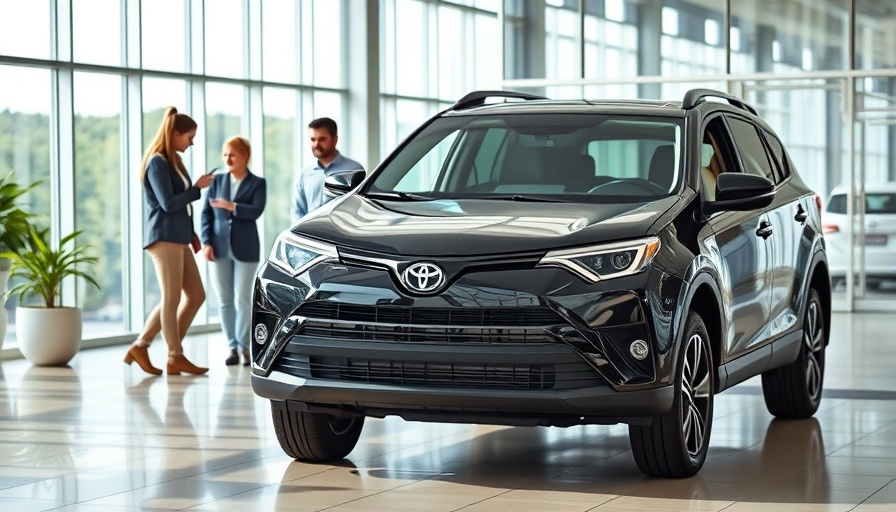
The Race to Buy Cars Amid Rising Tariffs
As Americans rush to dealerships, the looming prospect of auto tariffs has created a frenzy in the auto market. Many potential buyers, motivated by fears of supply shortages and increasing prices, are seeking to purchase new vehicles before conditions worsen. However, this urgency can lead buyers to overlook crucial factors such as interest rates and loan terms, which may not be as favorable as they seem.
Understanding Interest Rates and Loan Terms
With an increasing number of customers, dealerships may not always offer competitive rates. High-interest loans can significantly inflate the overall cost of a car, and buyers might find themselves locked into unfavorable repayment conditions. It’s essential to approach the purchasing process with caution and do thorough research to secure the best financial outcomes, even amidst the prevailing urgency.
How Immediate Purchases Impact Financial Decisions
In the current economic climate, jumping at the chance to purchase a car can come at a price. Buyers should remain aware of their financial limits and should carefully consider how specific loan terms could affect their long-term financial stability. The temptation for immediate gratification in securing a new vehicle can cloud judgment, leading to poor financial decisions.
The Role of Economic Trends in Vehicle Purchases
Current economic trends indicate that supply chain disruptions and inflation are still influencing vehicle prices. Many consumers may selectively ignore these dynamics in favor of securing a new vehicle quickly. Employers looking to maintain financial prudence in their purchasing strategies should guide their teams on making informed choices amid a changing market landscape.
Smart Strategies for Car Buyers
Buyers should strive to understand the total cost of ownership before making any decisions. This includes evaluating monthly payments against overall budgets and factoring in potential repairs and maintenance costs. By performing due diligence and staying informed about market conditions, buyers can benefit from making well-informed choices rather than hasty decisions.
Consumer Education is Key
The automotive landscape is shifting, and consumer education is increasingly important. Buyers who take the time to learn about market dynamics and understand loan mechanics can position themselves to make better financial decisions. Consulting finance professionals and reading up on the latest economic forecasts can immensely benefit anyone looking to make a significant purchase.
Conclusion: Act Thoughtfully
While there may be pressure to purchase a vehicle ahead of potential auto tariffs, it is crucial for buyers to prioritize informed decision-making over impulsive buying. In doing so, they set the stage for a sustainable financial future, steering clear of high-interest loans and unfavorable terms.
 Add Row
Add Row  Add
Add 



Write A Comment